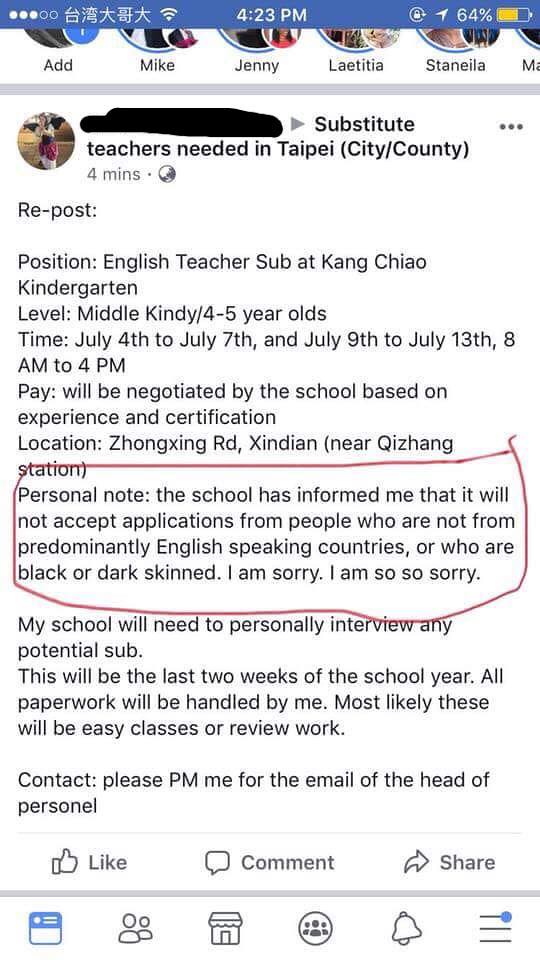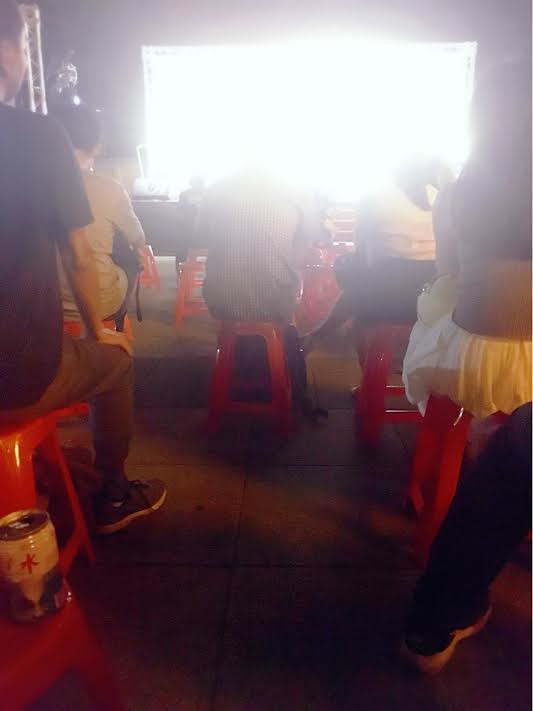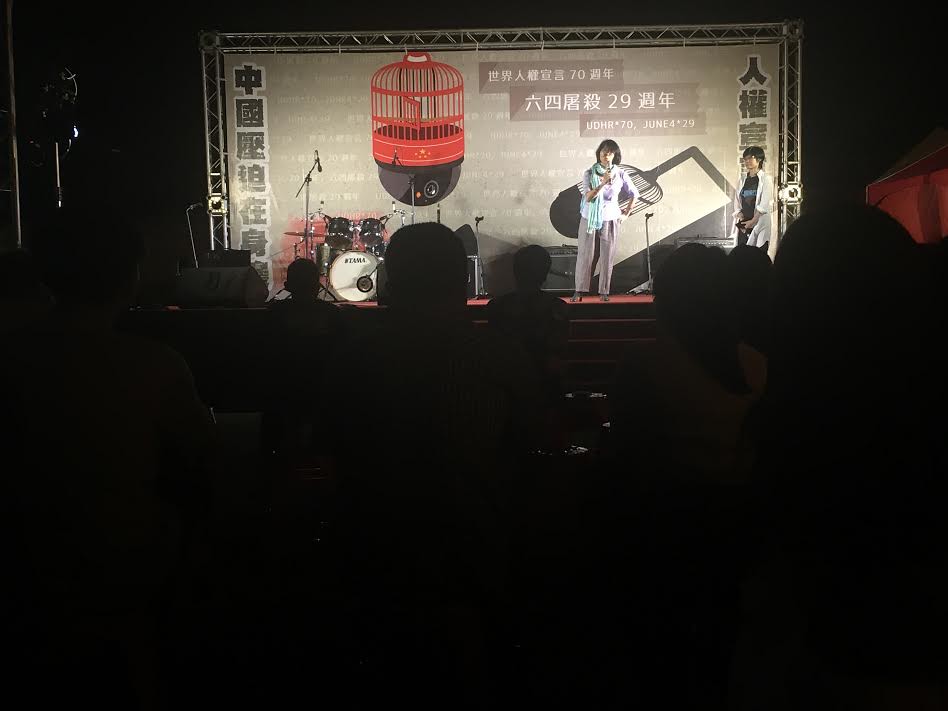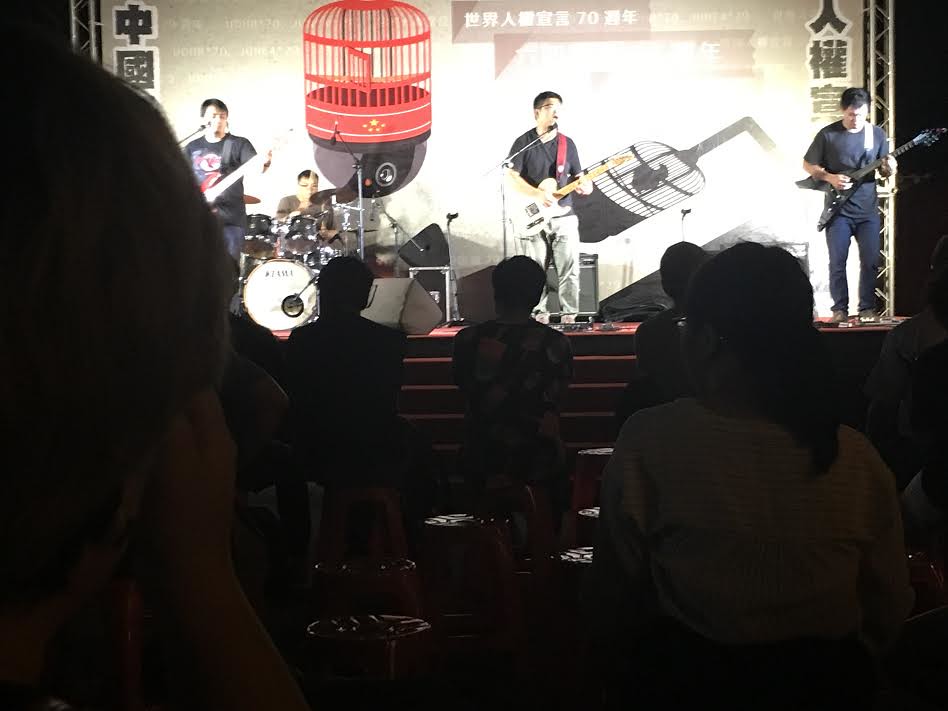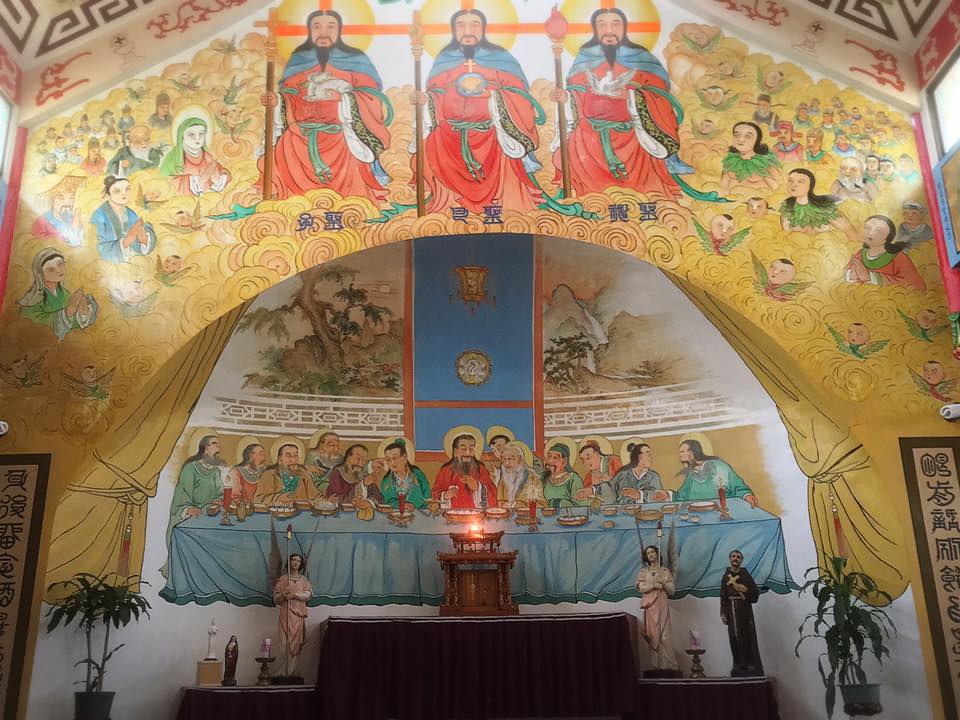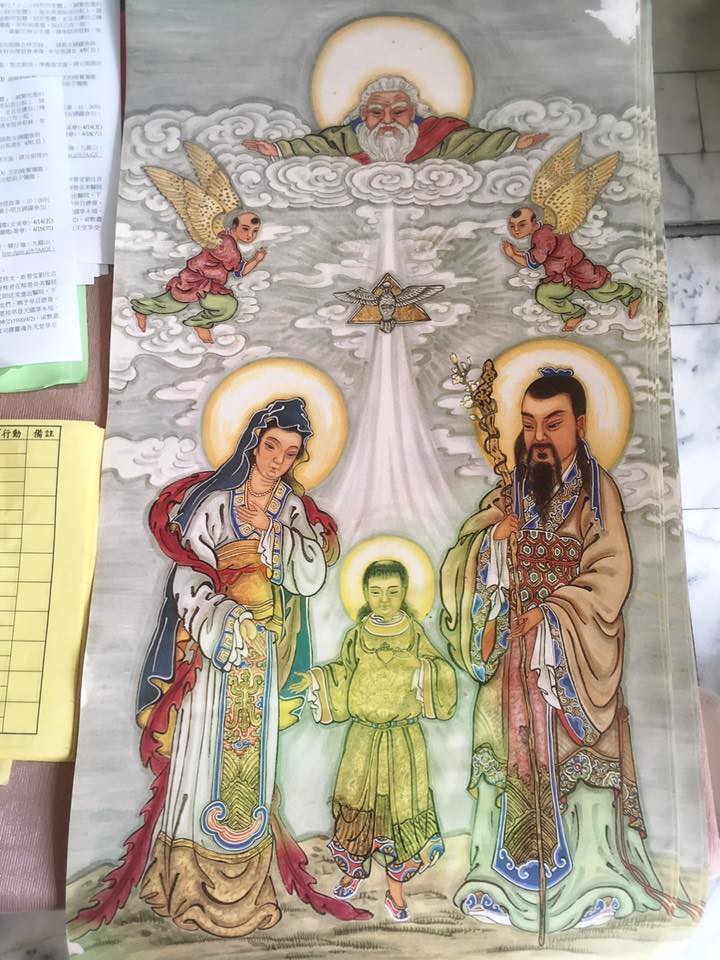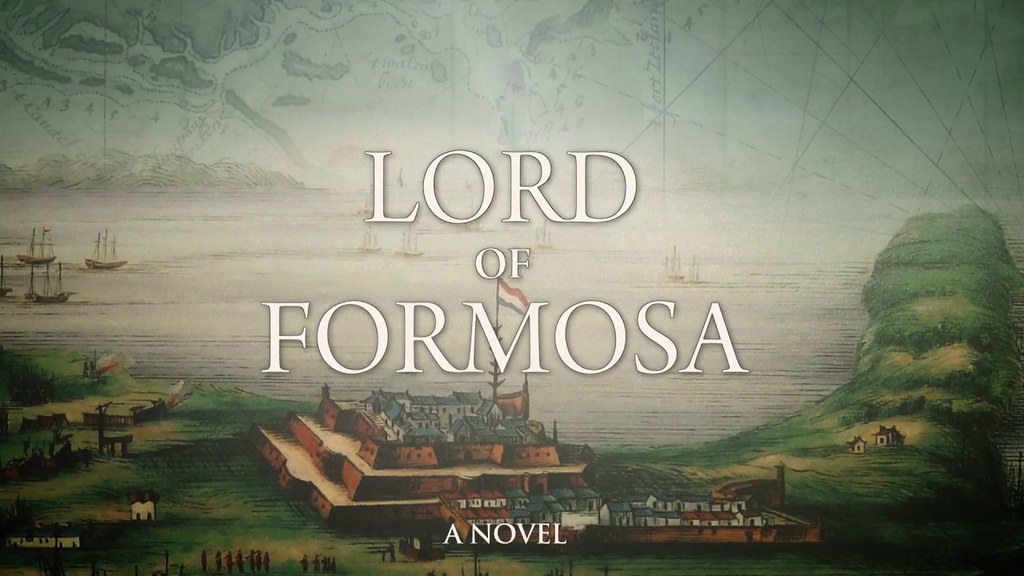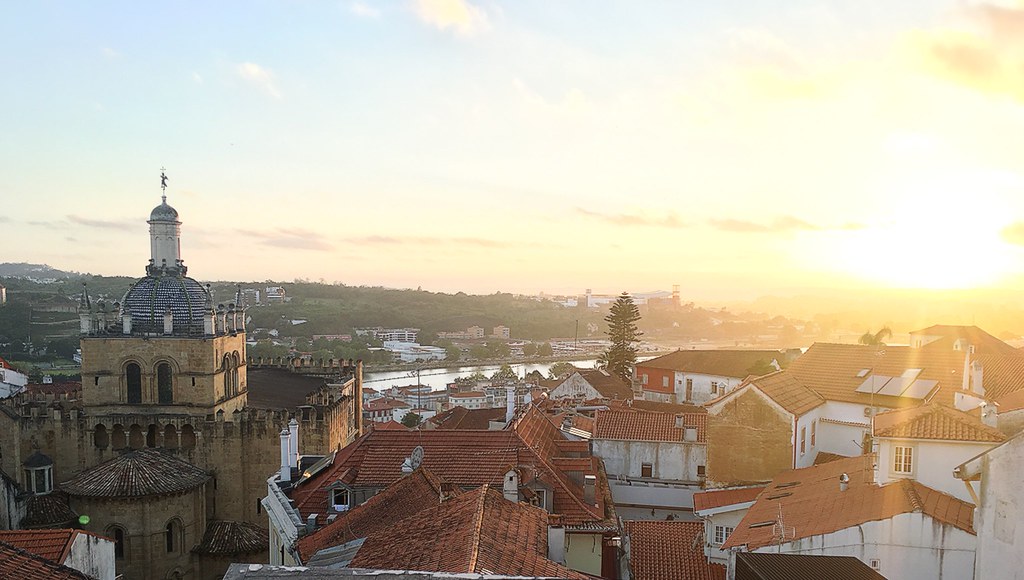 |
| Greetings from Coimbra! Their university is great except they have a Confucius Institute. But the building is well-marked and I kind of spat at it, so...that accomplished nothing but felt good. |
Hello from Portugal, where we are traveling for a bit before I take up my 2nd semester at Exeter. Because I’m on the road, I won’t be keeping up much of a regular blogging schedule. But, here are a few takes for you - perhaps a bit behind the news cycle but whatever - I’ll try to keep them quick. I have wine to drink and lots of it. Also, port.
We’re not really getting beyond the tourist hotspots, which a few years ago I’d say was a shame. And, in fact, I’d love to have the time to explore the lesser-known gems of the country. But, as I grow older and travel more, I grow more at peace with staying on something like a tourist circuit while abroad, unless I have good reason to depart from it. I don’t have a special connection to the countries I visit other than (I hope) helping their economies with my well-spent tourist dollars, zero dollars of which go to buying cheap trinkets in souvenir shops, so what connection would I have to a regular neighborhood of no particular interest to travelers? Trying to pretend the local cafe or restaurant, the local park, the local place of worship has any meaning for me as an outsider feels cheap, like a debased way of seeming like I’m better than a regular tourist, which of course I am not. You build connection by returning to places frequently over time, which as a traveler I cannot do.
That’s not to say I never have a reason to go out of my way: in Greece we traveled far beyond the tourist center of Athens, to seek out the church where my great grandfather had worked, and which my grandfather had attended as a child. We had coffee from the local shop and walked around the local streets, and had good reason to: my ancestors had lived in that neighborhood for many years. It goes without saying that a good restaurant recommendation will get me to go anywhere.
And, of course, Taiwan is no longer ‘abroad’, it’s home. That’s different. I have connections there.
All that to say, yes I’m just going to Lisbon, Sintra, Coimbra and Porto, but I’m okay with that.
Anyway, there’s a hot take for you. Here’s another - let's talk AIT.
I don’t know what to say about the new AIT opening - some people say it’s a sign of ‘upgraded relations’. Others write ludicrous headlines (“angering China”? I'd say "eat me" but CNN is clearly chowing down on something way meatier) Still others say it doesn’t mean much, which seems like it could be the case given that the US sent no-one important to attend. Personally? I think it’s just as confused and schizophrenic as US policy on Taiwan has always seemed - even if, officially, it is clearer (and more pro-Taiwan) than people think. We want to build a big office in Taiwan! But we don’t want to draw attention to it! We care about Taiwan relations! But we don’t want to talk about that! It’s the same old dance - he loves me, he loves me not. I don’t see that changing anytime soon.
Though if you really want to know, at the end of the day, what those who matter in the US think of Taiwan, skip the new AIT opening and look at who makes decisions about arms sales to Taiwan.
Though if you really want to know, at the end of the day, what those who matter in the US think of Taiwan, skip the new AIT opening and look at who makes decisions about arms sales to Taiwan.
Moving on. Korea.
The Facebooks are ablaze with WHAT IT ALL MEANS!!! re: the Xi Jinping Marionette Spectacular I mean Trump-Xi oops Trump-Kim meeting. You already know what I think it means. Few, however, seem worried that China would surely seek to fill that void of regional influence - after all, better that the regional power in Asia be Asian, yes? Plenty of people are talking about how anything that gets US and US imperialism out of Asia must be a good thing.
I don’t know if those people like Chinese imperialism, or just aren’t aware it’s a thing (though I would guess it’s the latter). It’s an easy thing to overlook: it’s not fully realized yet and the CCP is trying hard to make sure it stays under everyone’s radar, whereas US imperialism - and all those bombs we drop to advance an agenda mostly beneficial to us - is well-known and more than fully-realized. It’s easy to criticize.
It’s even easier to criticize knowing that you can do so and you won’t get shot. Try criticizing Chinese expansionism in China and see how long you are not ‘disappeared’. That’s the key difference of course - both China and the US are primarily interested in what’s best for them, and despite what they say the US doesn’t really stand for either global democracy or human rights - but at least under a US-led system you can say so.
What worries me is that in the wake of WHAT IT ALL MEANS!!! is that until perhaps just today, not many people seemed to be talking about China at all. Even those otherwise criticizing Trump's performance. I am certain - and anyone else who is watching ought to be as well - that this was all manipulated to benefit China (before you accuse me of ‘anti-China hysteria’, remember that I live in Taiwan, a country China has said obliquely it will annex by force.) Not to sound like a tired cliche-ridden “China expert”, but isn’t the Art of War all about conquering through manipulation or a clever strategem, so that your opponent doesn’t even realize they’re losing, and only if that is impossible to use force? Well…
So who realizes that we’re losing? Not The Atlantic, who mentioned China 7 times in this piece (I counted) but didn't seem to be able to pinpoint who was both manipulating the show and who benefitted from it. Not the BBC, which I had on most of yesterday evening in Sintra. The National Post gets it, but nobody I know reads it. My preferred outlets continue to not understand Asia. South China Morning Post, for the first time since they became a CCP propaganda tool, seems to get it right. But nobody I know in the US regularly reads SCMP.
But, because the average US liberal or moderate doesn't read these outlets, this particular observation seems lost on them. Not a peep. You’d think China wasn't even a player. A lot of my smarter friends hadn’t even seemed to consider that they were (“Why a [fake] Chinese proverb for a Korea summit?” one friend asked. “Because Xi Jinping is running the show,” I replied, to their surprise - they’d been expecting I’d agree that this summit had nothing to do with China, because none of the media they read have mentioned it.)
I don’t know if those people like Chinese imperialism, or just aren’t aware it’s a thing (though I would guess it’s the latter). It’s an easy thing to overlook: it’s not fully realized yet and the CCP is trying hard to make sure it stays under everyone’s radar, whereas US imperialism - and all those bombs we drop to advance an agenda mostly beneficial to us - is well-known and more than fully-realized. It’s easy to criticize.
It’s even easier to criticize knowing that you can do so and you won’t get shot. Try criticizing Chinese expansionism in China and see how long you are not ‘disappeared’. That’s the key difference of course - both China and the US are primarily interested in what’s best for them, and despite what they say the US doesn’t really stand for either global democracy or human rights - but at least under a US-led system you can say so.
What worries me is that in the wake of WHAT IT ALL MEANS!!! is that until perhaps just today, not many people seemed to be talking about China at all. Even those otherwise criticizing Trump's performance. I am certain - and anyone else who is watching ought to be as well - that this was all manipulated to benefit China (before you accuse me of ‘anti-China hysteria’, remember that I live in Taiwan, a country China has said obliquely it will annex by force.) Not to sound like a tired cliche-ridden “China expert”, but isn’t the Art of War all about conquering through manipulation or a clever strategem, so that your opponent doesn’t even realize they’re losing, and only if that is impossible to use force? Well…
So who realizes that we’re losing? Not The Atlantic, who mentioned China 7 times in this piece (I counted) but didn't seem to be able to pinpoint who was both manipulating the show and who benefitted from it. Not the BBC, which I had on most of yesterday evening in Sintra. The National Post gets it, but nobody I know reads it. My preferred outlets continue to not understand Asia. South China Morning Post, for the first time since they became a CCP propaganda tool, seems to get it right. But nobody I know in the US regularly reads SCMP.
But, because the average US liberal or moderate doesn't read these outlets, this particular observation seems lost on them. Not a peep. You’d think China wasn't even a player. A lot of my smarter friends hadn’t even seemed to consider that they were (“Why a [fake] Chinese proverb for a Korea summit?” one friend asked. “Because Xi Jinping is running the show,” I replied, to their surprise - they’d been expecting I’d agree that this summit had nothing to do with China, because none of the media they read have mentioned it.)
And Hau “Muppetface” Lung-pin went to China to talk about his hope for "unification" because he’s a massive jerk-off, being all kinds of Mean Girl to Taipei mayoral incumbent Ko "Reminds Me Of My Dad" Wen-je. As in he jerks Chinese authorities off. Fine. What bothers me isn’t this - Hau’s gonna Hau - but that it won’t matter. The vast majority of Taiwanese not only don’t agree with Hau’s far-right jerk-offery, they vehemently disagree with it.
But it doesn’t matter. Those who hate Hau (or even mildly dislike him, or think he looks like a Muppet but isn’t as smart as one - I don’t mean the Muppet characters, I mean the actual cloth Muppets are made of) are gonna find him odious anyway. Blue voters who watch blue media will either not know he said this - because the media they watch won’t report it - or assume he meant something milder, or defend it saying it’s his “personal views” which he is entitled to (and he is, but that doesn’t make him less of a jerk-off who’s dumber than a scrap of fake fur with google-eyes). Why would they assume this? Because if the media they watch does report it, this is the commentary they will offer, which people will swallow.
And nobody who has a message to get out to those who aren't listening is either trying, or able to get their attention, whether that's in Taiwan or the US. And the blue voters will vote blue and the Americans will talk about Korea as though it wasn't a massive back-door win for China, and we're all going to die.
And so it goes.
And if you’re feeling low,
Stuck in some bardo
Why, even I know the solution
Love, music, wine
And revolution!
It’s time for wine.
But it doesn’t matter. Those who hate Hau (or even mildly dislike him, or think he looks like a Muppet but isn’t as smart as one - I don’t mean the Muppet characters, I mean the actual cloth Muppets are made of) are gonna find him odious anyway. Blue voters who watch blue media will either not know he said this - because the media they watch won’t report it - or assume he meant something milder, or defend it saying it’s his “personal views” which he is entitled to (and he is, but that doesn’t make him less of a jerk-off who’s dumber than a scrap of fake fur with google-eyes). Why would they assume this? Because if the media they watch does report it, this is the commentary they will offer, which people will swallow.
And nobody who has a message to get out to those who aren't listening is either trying, or able to get their attention, whether that's in Taiwan or the US. And the blue voters will vote blue and the Americans will talk about Korea as though it wasn't a massive back-door win for China, and we're all going to die.
And so it goes.
And if you’re feeling low,
Stuck in some bardo
Why, even I know the solution
Love, music, wine
And revolution!
It’s time for wine.
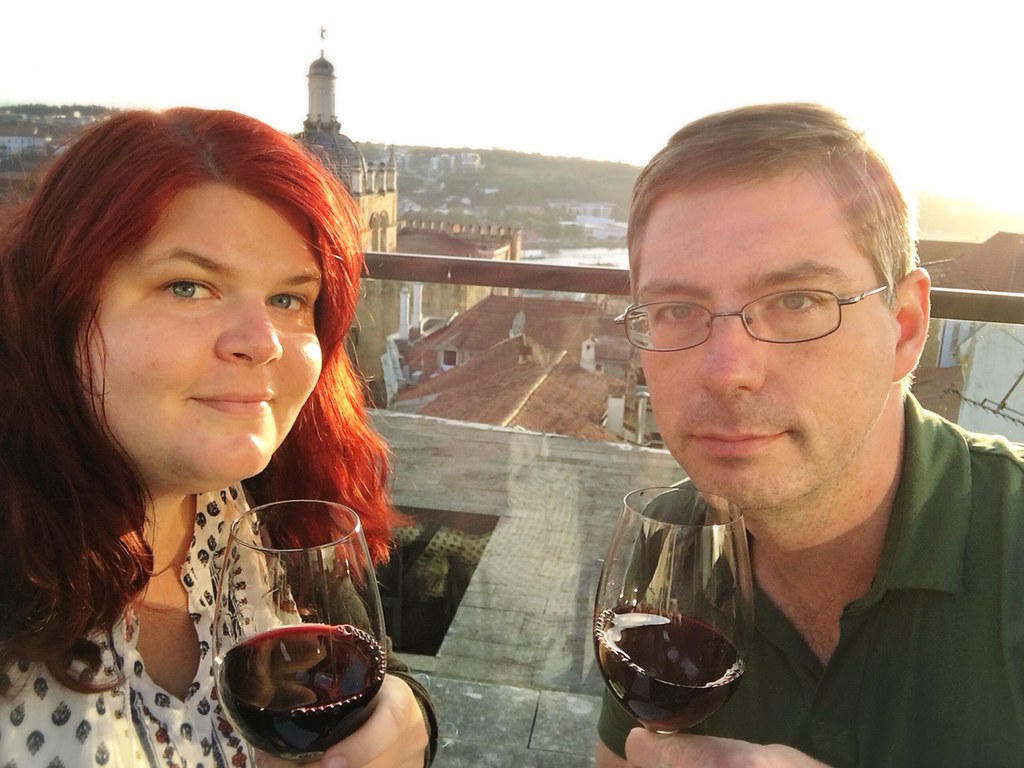 |
| Brendan is happier than he looks in this, he just...does this for cameras? I dunno. |

